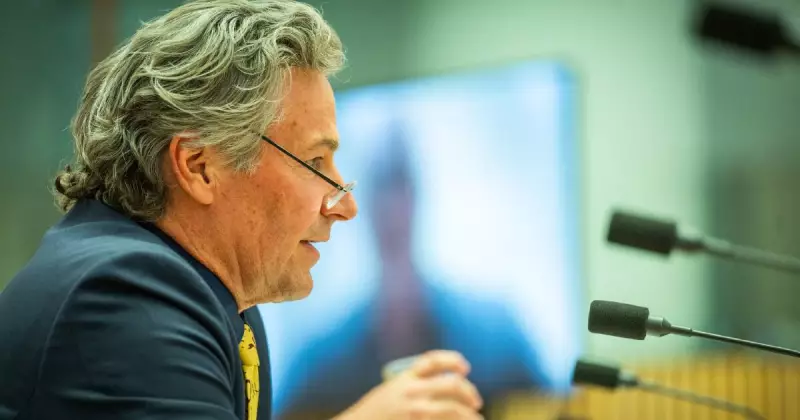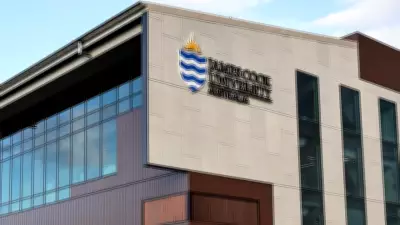
Executives from consulting firm Nous Group have appeared before a Senate committee investigating university governance, where they explained the nature and cost of their work with Australian National University.
Defending the $2 Million Contract
Chief executive Tim Orton revealed that Nous Group completed approximately $2 million worth of work for ANU between 2024 and early 2025. This disclosure comes amid scrutiny of university spending on external consultants, particularly after ANU announced significant job cuts following years of substantial consultant expenditures totaling $190 million.
Mr Orton provided context for the spending, noting that the recent Nous work represented only about 0.04 per cent of the university's revenue, describing it as relatively small in scale.
From Initial Analysis to Complex Projects
The engagement began when former ANU vice-chancellor Genevieve Bell commissioned a $50,000 strategic analysis of Australian universities' key drivers. Mr Orton emphasized that the company had no prior relationship with Professor Bell before her appointment as vice-chancellor.
This initial broad analysis covered multiple aspects of university operations including research performance, teaching quality, student wellbeing, campus design and financial sustainability.
Following this preliminary work, Nous Group had no further involvement with ANU until after the university announced its Renew ANU initiative. In October 2024, the consultancy was engaged for three specific projects that Mr Orton characterized as unusually complex in nature.
The Three Key Projects
The substantial work undertaken between October 2024 and February 2025 focused on three critical areas of university operations:
Academic Portfolio Future Design: Developing the framework for how ANU would structure its academic offerings moving forward.
Research and Innovation Support: Designing academic services to better support the university's research and innovation portfolio.
Centralized Communications: Combining marketing and communication functions into a single, centralized capability team.
Rejecting the 'Cookie-Cutter' Label
Under questioning from Independent ACT senator David Pocock about whether Nous employed a standardized approach across universities, Mr Orton firmly rejected the notion.
We don't put cookie-cutter models to universities because every university is different, Mr Orton told the committee. He described it as unwise and silly to provide a single model for any particular institution, noting that each university's circumstances extend well beyond just financial considerations.
Mr Orton explained that Nous Group's methodology involves providing universities with comprehensive information and multiple options to inform their decision-making processes, rather than prescribing specific solutions.
The Senate hearing also revealed that over the past five years, Nous Group has worked with 34 Australian universities, generating between $4 million and $11 million annually from higher education clients. The consultancy has also secured multiple contracts with the federal Department of Education and various state and territory governments.





